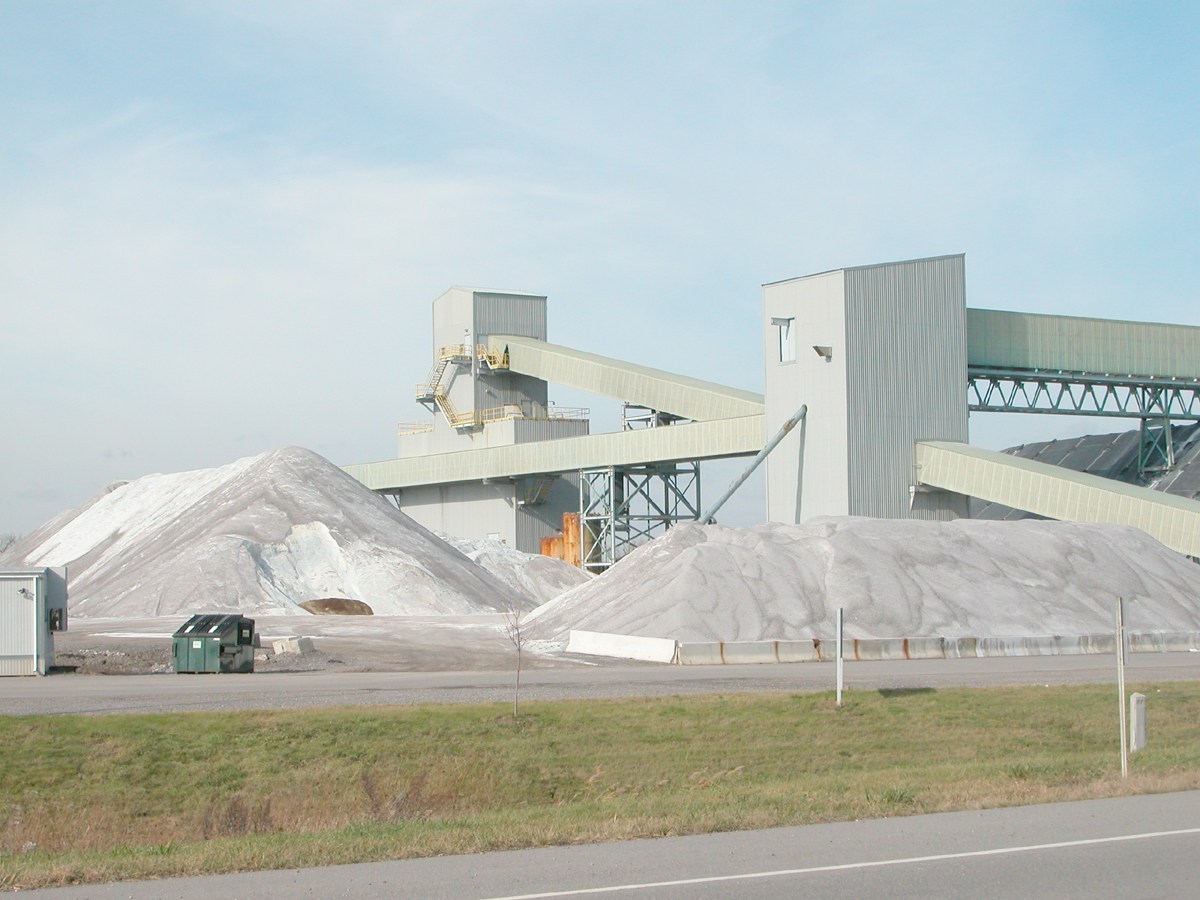There’s been a lot of talk in our industry about a rock salt shortage again this year in the winter of 2021-2022. It’s no surprise based on the wallops of snow the East Coast and even the Midwest have received in late January and now into February.
Unfortunately, if you check loads of news sources, you’ll find the same thing we did – many people agree that we’re headed in the direction of a rock salt shortage. It shouldn’t come as a big surprise based on the general shortage of many things these days – all the way from construction materials to foam for furniture manufacturing and even basic life necessities that are normally easy to find on shelves are more difficult to get. A rock salt shortage isn’t due to pandemic panic like they were in 2020, but rather due to an international shipping issue and labor shortages.
Global Conflicts Play a Role in Bulk Rock Salt Shortages too!
Then there are the lesser-discussed global issues that Americans normally don’t talk about every day like the high potential for a war between Iran and Israel that would inevitably drive oil (and therefore gas) prices through the roof. This makes the already widespread issue of transportation an even larger issue. Bulk salt is often shipped internationally by large water vessels, so if they can’t use the Suez Canal due to conflict or if they get stuck in China or other countries, we’re in trouble.
Bulk Salt Economic Issues
You may have heard that Morton Salt was recently purchased (along with related entities) by Stone Canyon Industries Holdings LLC, Kissner Group Holdings. The acquisition has already caused issues in the industry by terminating 120 people from Morton’s headquarters of jobs that were undoubtedly necessary so they are now operating with much less manpower.
The new owners of Morton are also placing new demands on snow contractors that are complicating and threatening business. For example, they now require 40 percent of all winter salt contracts to be signed by December 31 without regard to whether or current private business fluctuations.
What does that mean for contractors if this new mandate isn’t revised? It means that even if it doesn’t snow, contractors are required to take and pay for 40% of the salt supply for the year by December 31 and 80% by March 31 – no matter what the weather. That requirement will leave some markets where less snowfalls with a costly surplus of road salt, while other markets that get more snow than expected will struggle to find snow and ice management products.
This may not be a business-changing issue for most municipalities because they can normally store a lot of salt in a covered, dry building. However, private snow and ice contractors can struggle with storing massive amounts of bulk salt in an area where it’s dry so it doesn’t get compromised.
What Can You Do to Prepare for Bulk Salt Shortages?
This isn’t the first time we’ve braced for a rock salt shortage, if you’ve been in the industry for any time at all, you’ve been here before. So instead of dwelling on “why” there’s likely to be a shortage, let’s focus on how you can best prepare your snow removal business…
First, follow your long-term forecasts carefully and be sure you have enough salt on hand to get through your winters. If you are located in the Mid-Atlantic area, SISCU can help. Just contact us for a quote. If you live in other areas, find a reliable supplier that will let you pick up the ice melt products you need, when you need them. Once you know you have a good supply of bulk salt, be sure to store it properly so you don’t lose product. It doesn’t take much to break down bulk salt. Just a little moisture will cause it to clump up and melt down. Find or build yourself a shelter for bulk salt and use tarps to securely cover it as well.
Next, make sure your equipment is only using as much salt as is really needed to be effective. Adjust your settings for the specific weather and conditions you are treating. Taking extra time and effort to do that will pay off by saving you money and helping you conserve your bulk salt. Not only that but using less road salt is better for the environment and road surfaces. It reduces corrosion and road pitting.
Finally, choose your products carefully. Professional snow and ice management is not a one-size-fits-all business. There are many options for ice melt products and choosing different products for different situations will save you money, aggravation and time. For example, bulk salt is great for miles and miles of road surfaces in mild temperatures, but in most cases, it’s only effective down to 15 degrees. If it’s colder, you might need to use Sodium Acetate ice melt which is effective down to 0 degrees.
If you’re trying to use a less corrosive product, you might use Calcium Magnesium Acetate. And if you need to treat sidewalks in extreme temperatures where you need to make sure people don’t slip and fall, you could use Safe ‘n Sure ice melt blend which has a unique combination of sodium, calcium, potassium and magnesium chlorides plus CMA. It breaks up ice and melts snow faster than rock salt, even at temperatures as low as -25 degrees.
Mid-Atlantic Ice Melt Supplier
The bottom line is that you need to have a reliable source for your ice melt supply, especially if there is a rock salt shortage. If you are located in the Mid-Atlantic areas of Washington DC, Baltimore, Virginia, Delaware, Pennsylvania or West Virginia, give us a call. Snow & Ice Salt & Chemicals Unlimited is open 24/7 before, during, and after the storm!

